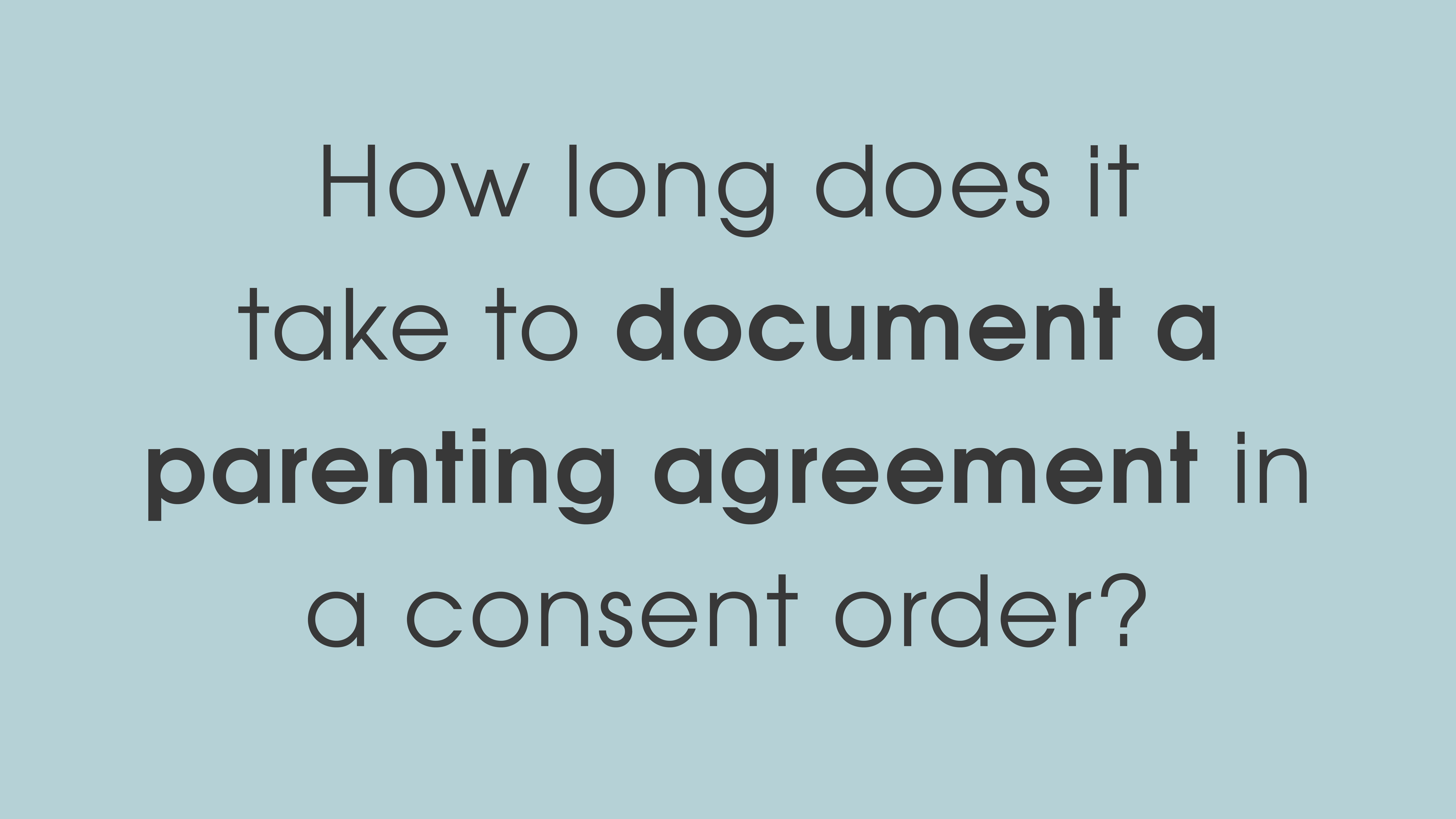Powers of Attorney

Preparing for the future requires proactive steps, including the decision of choosing your Power of Attorney, ensuring your affairs are protected and managed according to your wishes.
Power of attorney is a legal tool that empowers individuals to delegate decision-making authority to someone they trust, ensuring their affairs are handled smoothly and efficiently.
How Many Powers of Attorney Can You Have?
There is no limit to the number of attorneys an individual can have. However, it’s important to keep in mind that having multiple power of attorneys can complicate decision-making and potentially lead to conflicts. There are other practicalities including where your attorneys are located, how savvy they are with day-to-date transactions and whether they will be able to make decisions together for your best interests.
What To Do If You’re Unable To Locate A Power Of Attorney Document
Firstly, you should check any storage locations where important documents are typically kept, such as a safe deposit box or a personal safe. If you have an lawyer who helped you draft the document, they may also have a copy on file.
You should create a new Power of Attorney document. This can be done by working with an attorney to draft a new document and ensuring that it is properly executed and witnessed. However, it’s important to note that creating a new Power of Attorney document will revoke any previous Power of Attorney documents, so it’s important to consider the implications of this before taking this step.
In any case, it’s important to act quickly if you’re unable to locate a Power of Attorney document. This document is an important part of your estate plan, and without it, you may face difficulties in managing your affairs if you become incapacitated. By taking the necessary steps to locate or replace the document, you can ensure that your interests are protected and that your wishes are carried out in the event of incapacity.
Creating a comprehensive estate plan that includes a Will and Enduring Power of Attorney is essential. Regardless of your stage in life or personal circumstances, it’s crucial to ensure your estate plan is up-to-date and reflects your current wishes.

What To Do After You’ve Chosen Your Power of Attorney
After you’ve chosen your Attorney, it’s important to ensure that they understand their role and responsibilities. You should have an open and honest conversation with them about what you expect of them and what decisions they may need to make on your behalf in the event you become incapacitated. You should also provide them with a copy of the Power of Attorney document and ensure that they know where it is located. It’s also a good idea to provide them with contact information for your attorney or financial advisor so that they can seek guidance if needed. By taking these steps, you can ensure that your Attorney is prepared to act on your behalf and that your wishes will be carried out in the event of incapacity.
Contact us today
With the help of our guide, you can create an estate plan that provides peace of mind and ensures your loved ones are taken care of. Download our guide “What to Consider When Planning Your Will and Enduring Power of Attorney” here.





